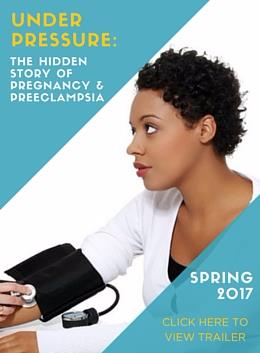One in three girls will get BV at some point in her lifetime.
BY HANNAH ORENSTEIN, AUG 23, 2017
Does something smell majorly off down there? Like, kind of fishy? It might be bacterial vaginosis, an infection so common that one in three girls will get it at some point during their lifetime.
Seventeen.com talked to double board-certified gynecologist Dr. Kecia Gaither, MD, MPH, FACOG, to learn more about the infection’s symptoms, treatment, and risk factors.
What is bacterial vaginosis?
Bacteria might sound gross and weird, but not all kinds of bacteria are bad. Your vagina needs a certain balance of “good” and “bad” bacteria to stay healthy at the right pH level. When that balance gets out of whack, you can wind up with an infection called bacterial vaginosis (or BV for short).
Why do people get BV?
Every person is different — some people happen to have lots of the “good” bacteria that keep BV at bay, whereas others aren’t as lucky. Extreme stress, douching (spraying a product into your vagina to wash it out, which is unnecessary), and long-term antibiotic use can all trigger the overgrowth of “bad” bacteria.
What are the symptoms?
The main sign of BV is a noticeable fishy odor. You might also see an increase in discharge and feel itchy.
How can you tell if you have it?
You’ll need to visit your doctor or gynecologist, who will do a pelvic exam. That involves inserting a speculum (a metal or plastic instrument) into the vagina so your doctor can see what’s going on. They might take some discharge and examine it under a microscope. If they see cells covered with bacteria — which look like round discs dotted with pepper — it’s officially BV.
How do you treat it?
Your doctor will prescribe you with an antibiotic called metronidazole. Most commonly, patients are instructed to take a one-time dose of two grams. As far as treatments go, this one is a cinch: one pill and the infection is gone!
Why is it important to treat BV?
The infection actually alters the mucous membrane in the vagina, which makes you more susceptible to STIs. So if you’re sexually active, it’s super important to treat the infection ASAP.
How can you prevent BV?
If you’re susceptible to bacterial vaginosis (i.e. you’ve had it before), you can decrease your risk of getting it again by eating yogurt regularly — it enhances the growth of “good” bacteria to keep your vag happy.






